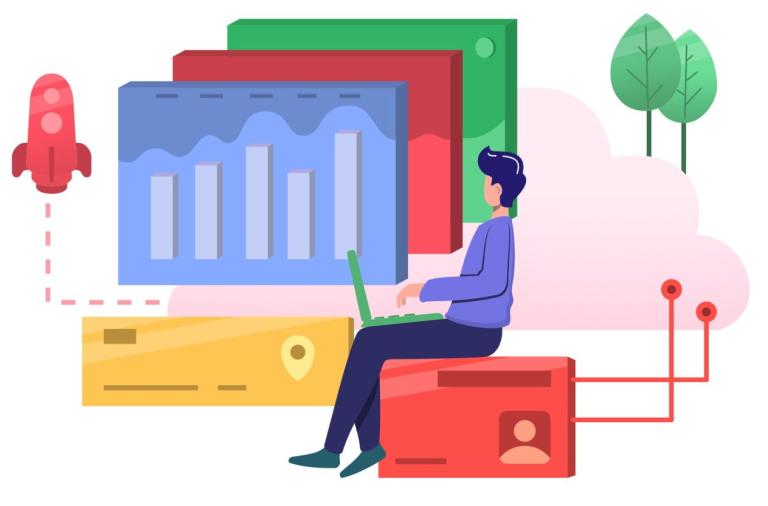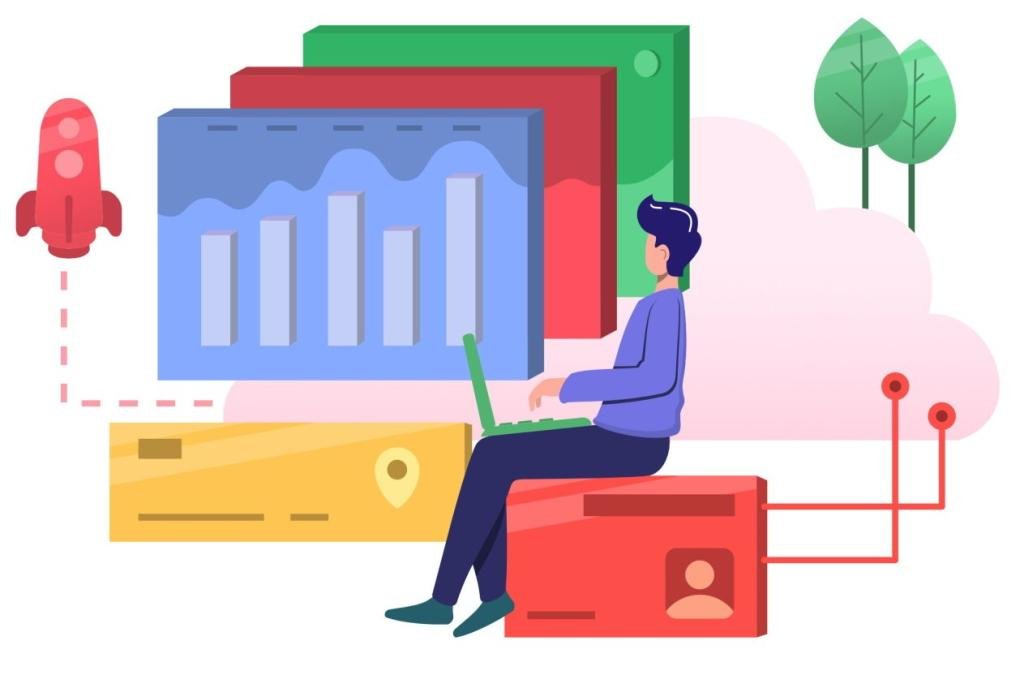While many people understand that SQL Server and MySQL are both relational database management systems, you might be wondering why you would choose one over the other. Both of these options allow you to store and retrieve data from datasets. If you are building a webpage or app, this is critical for this process. Today BSPOKE Software is going to explore the differences between MySQL and SQL Server to help you find the best option for your business.
What is MySQL?
MySQL was created by MySQL AB, which is a Swedish company. It offers a wide range of features for users, including data definition language, SSL support, and support across different platforms. One thing to keep in mind is that MySQL has more limitations. The triggers are limited to just one action within each timing. It does not follow all of the SQL standards, which can provide limitations for some users.
One thing we particularly like about MySQL is that it uses a backup tool that supports data backups. You can use MySQL on the cloud or with Amazon or Microsoft Azure.
What is an SQL Server?
SQL Server was developed by Microsoft and was first released back in 1989. It is written in C and C++ and is now offered to a global audience. You’ll find that as well as English, you can use SQL Server in Spanish, French, Chinese, Japanese, and many other languages. One benefit of SQL Server is that it offers various editions to fit your business needs. These include the basic, standard, enterprise, web edition, and much more.
The same database on SQL Server can be used by multiple developers at one time. It’s ideal for storing records, and it’s easy to write different queries. Small projects benefit from the scalability of SQL Server, but it’s also suitable for larger applications. Even if you are performing millions of transactions in each working day, it will offer excellent performance levels.
The most popular solution for businesses
MySQL is currently the most popular option and over 58% of developers use this solution. SQL Server takes second place, with roughly 41% of developers opting for this solution instead. You’ll find that most companies are opting to choose open-source software because it’s free and easy to update code. You can use open-source software to fit your business needs, but there are various considerations to keep in mind for commercial release.
If you opt to use MySQL for commercial software products, make sure your product uses the MySQL Community Edition and a GNU General Public License. You could also upgrade to the standard or enterprise edition, which you can purchase with an annual subscription.
Microsoft’s option is a free solution, which is why many developers are relying on this option. The free version is their Express product, but you need to keep in mind it’s much more restricted. This is not an open-source solution, and you’ll find that upgrading to their premium offerings will incur an annual charge. These prices will vary depending on the number of users or cores.
The main differences between MySQL and SQL Server
If you are unsure whether MySQL or SQL Server is the best option for your business, you’ll want to consider the key differences between the two.
Row-based filtering vs. singular database
Firstly, SQL Server uses row-based filtering throughout your database. On the other hand, MySQL goes through one database at a time. MySQL backups will block the database when this is taking place, whereas SQL Server doesn’t have this issue. You’ll find that it’s much more challenging to stop queries with MySQL, but this task is a lot quicker and easier with SQL Server.
When opting to use MySQL, you’ll need to invest in extra third-party tools. SQL Server offers additional tools, which can help to improve the user experience.
Support essentials
For new users, Microsoft offers technical support for the SQL Server. We find that MySQL offers less support, but there are solutions to this issue. You can turn to the online community to search for answers to your questions, but you might find this to be more time-consuming. You can pay for support if you need to with MySQL, but that’s something that we find many businesses are reluctant to do.
Price
Finally, the main consideration for most businesses and software developers is the price. SQL Server has so many great features and benefits, but naturally, the price reflects this. MySQL is a great option for first-time users, and you’ll find the price point is quite reasonable.
SQL Server requires you to purchase licenses for each database you own. It can soon add a fortune to your operational costs. This is something many businesses are concerned about in this day and age.
Of course, you need to ensure a team of developers knows how to use MySQL to make the most of this solution. This is one of the most common issues we notice, but our team will be here to support you with this project and discuss any concerns you may have about MySQL or SQL Server.
Find the right solution for your business, whether that’s an SQL server or MYSQL
As you can see, there’s a lot to consider when comparing SQL Server and MySQL. If you are looking into either of these solutions in the upcoming year, you’ll want to consider the differences between the two to find the right option for your business.
Choosing between Microsoft and open source is usually the first place to start. However, you’ll also want to look at the price point and features on offer.
Are you considering investing in a new piece of bespoke software for your business this year? Our team will be excited to collaborate with you on any upcoming project.
Contact us today to discuss your software development requirements and how we can help. The start of the new year is a great time to reconsider your current business solutions. We’ll work with you to improve your productivity and efficiency and ensure 2022 is a year to remember for your team.

